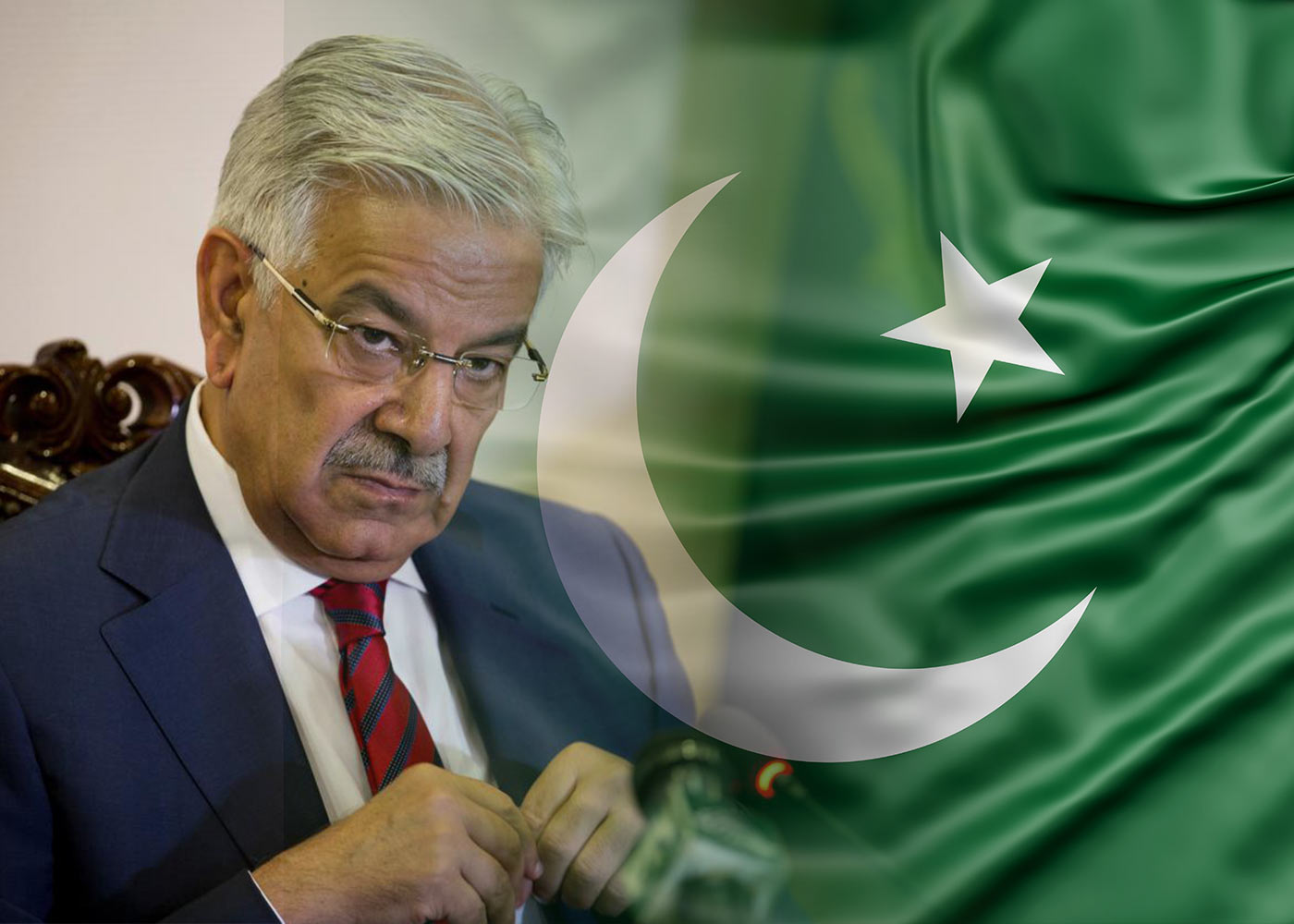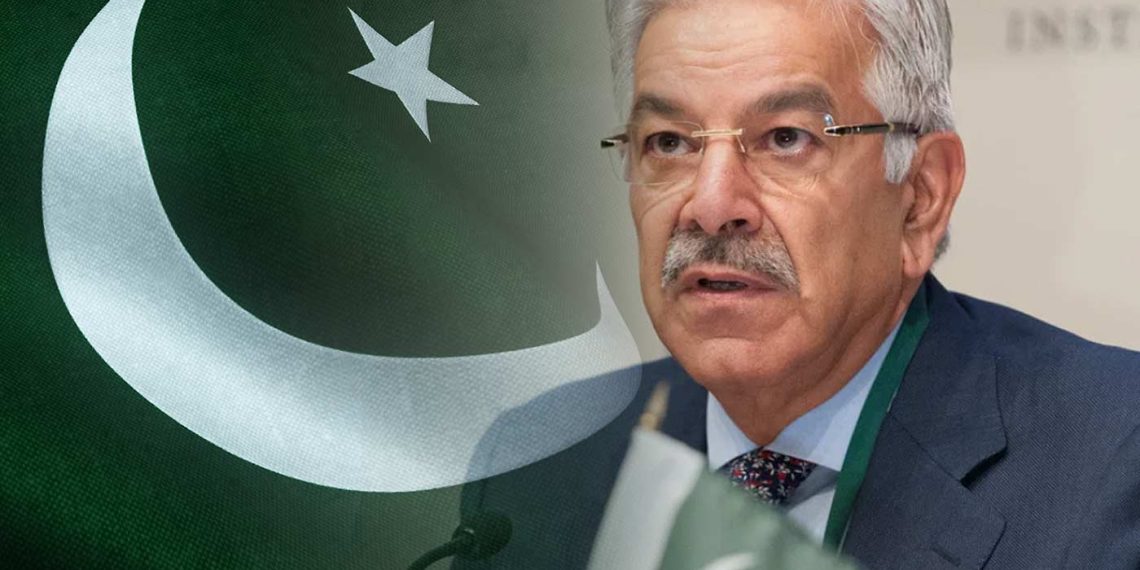As Pakistan continues to battle the economic crisis, Pakistani Defence Minister Khawaja Asif acknowledged that the nation has already defaulted and blamed “everyone” for it, including politicians, the establishment, and bureaucracy. Addressing an event in Sialkot on Saturday (February 18), Asiff emphasized that Pakistan can become a stable country only with self-reliance. Asif declared as The Dawn reported on Sunday, that “Pakistan is facing bankruptcy, and the country has already defaulted. We are currently living in an economically challenged nation.” He continued to explain that the IMF can not answer Pakistan’s economic issues and implored citizens to look within their own country for solutions.
Pakistani Defence Minister Knows Pakistan’s Foreign Exchange Reserves Are Critically Low
Asif declared that the current situation is due to our nation’s disregard for constitutional laws and regulations over the past seven decades. His words emphasize Pakistan’s stifling inflation rate and critically low currency reserves, which ongoing debt payments have further reduced. Reports indicate that we possess slightly more than $3 billion in foreign exchange – barely enough resources to cover 10-15 days of imports!

Earlier this week, Katrina Ell, a senior economist with Moody’s Analytics, declared to Reuters that Pakistan could witness up to 33% inflation during the first half of 2023. Furthermore, she believes that merely obtaining an IMF bailout will not be enough for the country to return back on track; instead, it necessitates consistent and reliable economic administration. “Our view is that an IMF bailout alone isn’t going to be enough to get the economy back on track,” said Ms. Ell in her statement Wednesday.
Pakistan Fails to Make Progress in Agreement with IMF
Despite the arduous path that lies ahead, Ell forecasted to Reuters that fiscal and monetary austerity measures would remain in place for at least four more years. Furthermore, Moody’s economist noted that despite Pakistan currently being entrenched in a recessionary state, inflation has skyrocketed as an outcome of its most recent bailout package.
Despite the urgent need for funding, Pakistan failed to secure a deal with the IMF last week. As an International Monetary Fund delegation left Islamabad after 10 days of strenuous negotiations, they noted that talks would continue remotely in the near future. In their statement on Friday, The IMF stated that much advancement had been made during discussions, and implementation details were being finalized through virtual meetings to address both domestic and international disparities.
Keep reading: Gaming Blockchain Projects on The Rise Again













